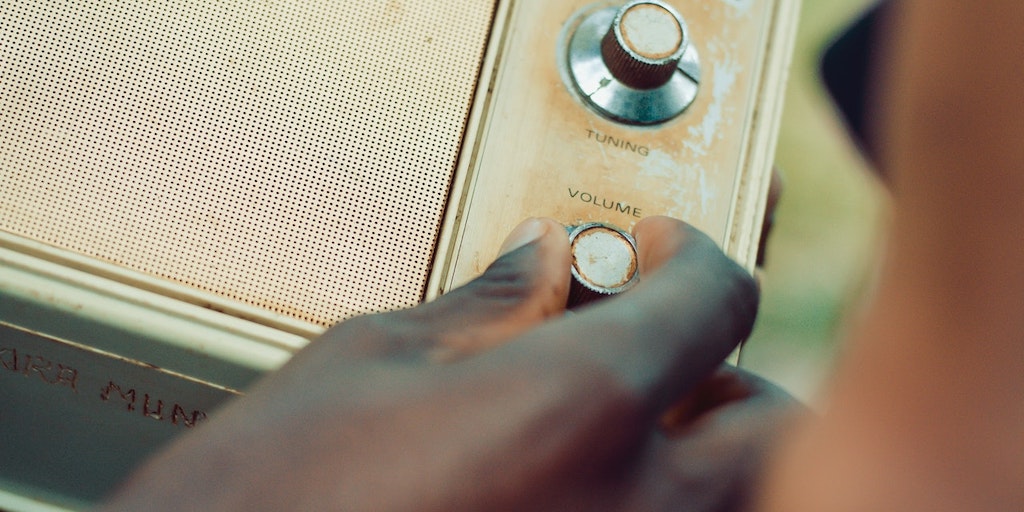Analyzing Disk Latency in Azure Virtual Machines – Part 2
“I thought the cloud was supposed to be fast. Why are things moving like a sloth?” Have you heard someone complain about the speed of an application after moving it to the Microsoft Azure? Azure is a good environment, but things are not always fast in the cloud. To illustrate, in this post, we’ll review…
Read more











Recent Comments